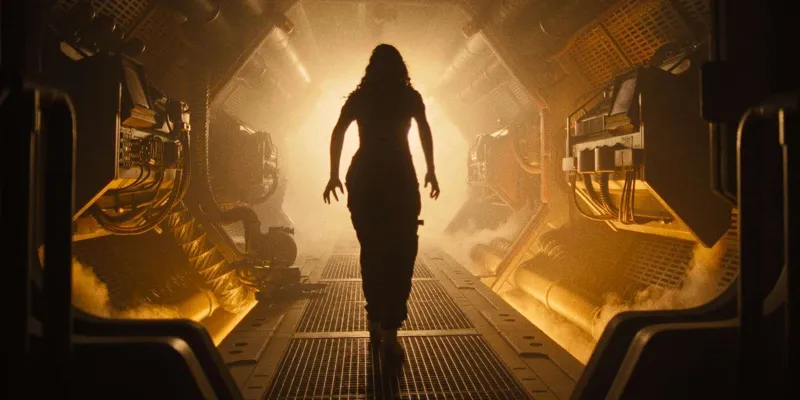The Alien franchise stands out for its unique premise but often falls into the trap of repetitive storytelling. Many successful film series have faced a similar trajectory, hitting their peak with groundbreaking releases only to struggle with subsequent mediocrity. Alien, like Terminator, has repeatedly attempted to recreate its initial success without taking significant narrative risks, resulting in a cycle of disappointment. The upcoming Alien: Romulus represents another endeavor to break this pattern, but the challenge remains daunting.
Alien: Romulus is just one of the numerous Alien projects in development following Disney's acquisition of 20th Century Fox in 2019. With plans to expand the franchise, Disney aims to launch a TV series on FX and introduce Romulus on the big screen. Originally intended for Hulu, the film's shift to a theatrical release underscores Disney's aggressive strategy to capitalize on the franchise's marketability.
Alien: Romulus Strives to Recapture the Essence of Alien

Alien: Romulus makes no secret of its nostalgic aspirations. Positioned as the seventh installment (ninth if considering the Aliens vs. Predator films) in the franchise, the movie seems more focused on revisiting the past than forging new frontiers. Set on a derelict space station, the plot follows a group of young space colonizers encountering the familiar alien threat, mirroring the classic elements of the original films. By blending the intense action of Aliens with the gothic horror of Alien, Alien: Romulus aims to merge beloved aspects of the franchise into a modern cinematic experience. However, this formula has been attempted before without lasting success.
Each Alien Sequel's Struggle for Relevance
The core of the Alien series revolves around the terrifying premise of a monstrous creature hunting down unsuspecting victims in a confined space. While Aliens shifted towards action-packed sequences, subsequent installments like Alien 3 and Resurrection struggled to recapture the original's essence, leading to mixed reviews. Even with films like Prometheus and Alien: Covenant exploring new narrative territories, they often reverted to familiar tropes, failing to innovate effectively.
The Unmatched Legacy of the Original Alien

Ridley Scott's 1979 masterpiece, Alien, remains a timeless classic that set a high standard for sci-fi horror. The film's genesis from unconventional ideas and its gradual evolution into a cinematic gem underscore its unparalleled legacy. While Alien: Romulus aims to capture the essence of isolation and terror in space, it faces the challenge of balancing homage with innovation. To truly break new ground, the creators must venture beyond imitation and explore fresh narratives within a franchise that has long relied on past successes.
As Alien: Romulus seeks to reignite the franchise's spark, it must navigate the fine line between honoring its roots and embracing originality. In a landscape saturated with sequels and reboots, the key to success lies in redefining expectations and charting a course that honors the legacy of the past while propelling the series into uncharted territories.

